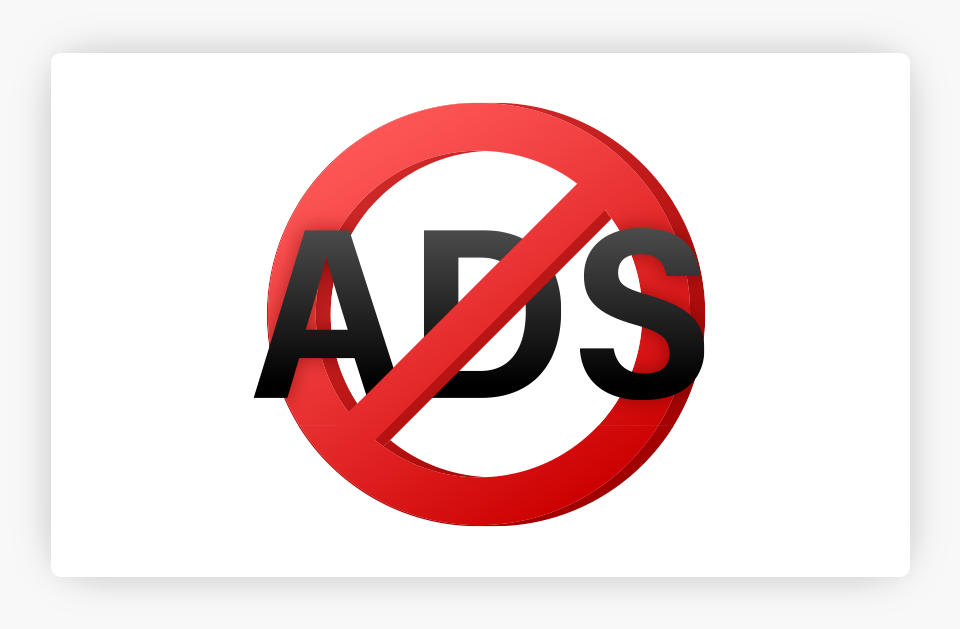We can’t send you updates from Justia Onward without your email.
Unsubscribe at any time.
Some legal marketing tips and tricks seem to have stood the test of time and become tried-and-true wisdom. Others are relatively new advice but spread like wildfire. Need help separating the fact from the fiction? We have some answers.
Shannon recently decided to hang her own shingle and head out into the world of solo practice. She needs more business for her firm, so she made a huge upfront investment into legal marketing following all of the advice about growing a successful law firm that she has received over the past twenty years of her career. However, she isn’t seeing the results she was expecting at the outset. What gives?
When looking for answers, Shannon found that some lawyers say you shouldn’t advertise at all and others suggest only relying on traditional referrals. She also discovered that some of the legal marketing wisdom she’d heard again and again simply wasn’t true. What now? It is time for Shannon, and lawyers like her, to take a second look at the marketing wisdom they are following.
In this post, we are examining a few common legal marketing tips you may see online to help you separate fact from fiction.
1. Lawyers Just Shouldn’t Advertise

False! Less than 50 years ago, lawyers generally could not advertise. Many state bar associations banned the practice, and many lawyers saw advertising as an unethical notion that should be far from mind. However, that started to change in 1977 with Bates v. State Bar of Arizona.
In short, Arizona forbade licensed attorneys who were members of its state bar to advertise in newspapers and other media. The Supreme Court went on to find that this rule violated the First and Fourteenth Amendments and struck it down. A brief summary of the opinion is available here and the full case is available on the Justia Legal Portal.
Despite this change, some lawyers still believe that it is unethical or unprofessional for lawyers to advertise. That is not the case. Lawyers can tastefully advertise and leverage various marketing strategies to reach new clients and expand their practices more effectively. Of course, you must always check any ethical rules regarding legal advertising that apply to the jurisdictions in which you are licensed, as they do vary from state to state.
2. Word-of-Mouth Advertising and Referrals Are Enough

False! Some lawyers may believe that word of mouth advertising or traditional referrals from colleagues, former clients, and friends are enough. Unfortunately, that is frequently not the case in the modern landscape.
Potential clients increasingly look online for lawyers or do independent research to find a lawyer that is the best fit for them. They are less and less likely to reach out to their network in search of a referral.
This is not to say that traditional word-of-mouth marketing is dead. However, even if you are receiving leads through referrals and word-of-mouth advertising, your firm would likely connect with many more prospective clients if you implemented some targeted marketing strategies.
Additionally, even people who are receiving referrals from their network are likely to look at your law firm website before contacting your firm. Thus, having a strong online presence is crucial to making a strong first impression on referred clients too.
3. You Should Not Ask Former Clients for Referrals

False! Satisfied former clients can be one of the best sources of referrals for your firm and can be a primary source of word-of-mouth marketing. Sometimes, you only have to let them know you are looking. Some lawyers are concerned that this may make them look desperate. However, this is not the case when you take the time to carefully craft a professional message with your request.
Consider a thank you note that also asks them to tell their colleagues and connections about your services. For instance, you can craft a note as simple as the following:
Thank you for choosing Jones & Williams for your legal needs. We are glad to have you as a client and are pleased we were able to successfully resolve your legal matter. The best compliment we can receive is a referral. Please keep us in mind if you have the opportunity to refer someone for legal services.
You could also directly ask your clients and former clients for referrals. For instance, your message may be something like:
Here at Jones & Williams, we value your business and are glad to help you with your legal needs. We are expanding our practice and looking to assist even more quality clients like yourself. Do you know of anyone currently looking for legal representation?
Regardless of how you approach the issue, you simply want to make sure that any message you send aligns with your firm’s tone and remains professional. Otherwise, you are in the clear to reach out for referrals – assuming that your ethical rules on attorney marketing permit it.
4. SEO Requires Ongoing Adjustments

True! This one is true, even though some people may wish it wasn’t. Search engine optimization (SEO) is not a one-time task. Google and other search engines constantly change their algorithms. These changes will affect how your website performs in search results and accordingly your SEO strategy must also adjust.
As technology continues to evolve, best practices shift to accommodate new devices and ways of searching for information. The shift from desktop computers to mobile search is evidence of this phenomenon. Just like search algorithm changes, these changes also impact your website’s search performance. Thus, your SEO strategy will also require ongoing adjustments to ensure your website and blog remain ready to perform.
5. Legal Marketing Brings More Clients

Somewhat true! Of course, the purpose of legal marketing is to help bring new clients to your law firm. In that regard, effective legal marketing strategies do indeed turn into new clients. However, your legal marketing in and of itself is not all it takes to grow your firm.
Optimized and effective legal marketing campaigns are designed to bring new potential clients to your firm. The keyword in that phrase, however, is potential. Once these leads reach out to your law firm, the burden shifts (to borrow a legal phrase), and you, plus the employees in your firm, are tasked with turning these potential clients into actual clients.
Even the best legal marketing strategies can’t make up for unpleasant first experiences a potential client may have after contacting your firm. Thus, it is important to ensure the members of your firm are well-prepared to offer positive customer service interactions.
6. Legal Marketing Can Be One Size Fits All

False! Some legal marketing companies or other providers may imply that they can deliver positive results with a one size fits all legal marketing plan. While similar strategies may work for some firms, most law firms require a tailored approach to their overall marketing plan that considers the nuances of the firm’s specific characteristics, such as size, budget, locality, and practice areas. For example, the marketing strategies that work well for a large business litigation firm in New York City probably will not likely produce the same results for a personal injury lawyer in a rural town.
Instead, maximizing your return on investment (ROI) requires carefully considering your budget and how to best allocate those marketing dollars to strategies that will work for you. Luckily, almost every lawyer could benefit from a strong digital marketing strategy, so we suggest firms of all sizes start their legal marketing efforts with a focus on developing a high-quality, optimized law firm website.
Then, consider how additional SEO efforts, PPC advertising, and other solutions both online and offline can complement each other to create a unified marketing plan. Remember, adding more and more marketing channels is not always better for your firm, especially when you are working with limited resources. You should focus your dollars on where they can do the most work for your practice.
7. My Firm Needs to Hire an Internal Marketing Professional

False! You do not need to hire a dedicated marketer that works internally for your firm to have an effective legal marketing strategy. If your firm can afford to add a marketer to your team and it makes sense for your practice, then absolutely consider adding a marketing professional to your staff.
However, if you do not want to hire a legal marketer to work on your staff, you should not feel like your firm has to forego targeted marketing. And no, not having a professional marketing staff does not automatically mean that you have to be solely responsible for managing your law firm’s marketing efforts.
As a busy lawyer, DIY marketing may not be the best choice for several reasons. Perhaps you don’t have the experience in digital marketing to manage your own website. Maybe you aren’t sure about traditional marketing best practices. It could be that you are just too busy to manage your marketing. Whatever the reason, you still have other options to help your firm create a targeted marketing strategy.
You can outsource your marketing to an external marketing agency. While there are numerous agencies you can choose from out there, we recommend selecting a specialized marketing company that has the legal marketing expertise to tailor effective campaigns for your practice. For example, at Justia Marketing Solutions we exclusively work with legal professionals and are dedicated to helping lawyers optimize their digital marketing strategies to achieve their law firm’s goals.
Final Thoughts: Why Do You Care?
To effectively help your firm grow and maximize your ROI in legal marketing strategies, you’ll want to follow accurate guidance that will actually help you expand your firm over time. Unfortunately, we cannot cover every legal marketing myth in one blog post, but this article will help you combat some common ones you may encounter online. If you need additional solutions to craft a digital marketing plan that is tailored for your law firm, the professionals at Justia are here to help. Contact us today and a member of our team will be in touch soon.